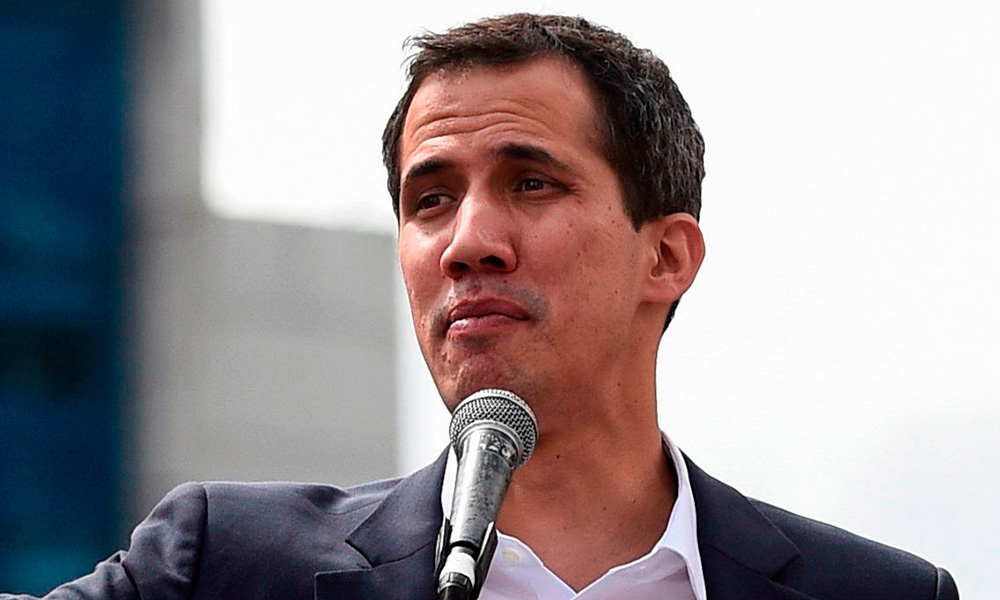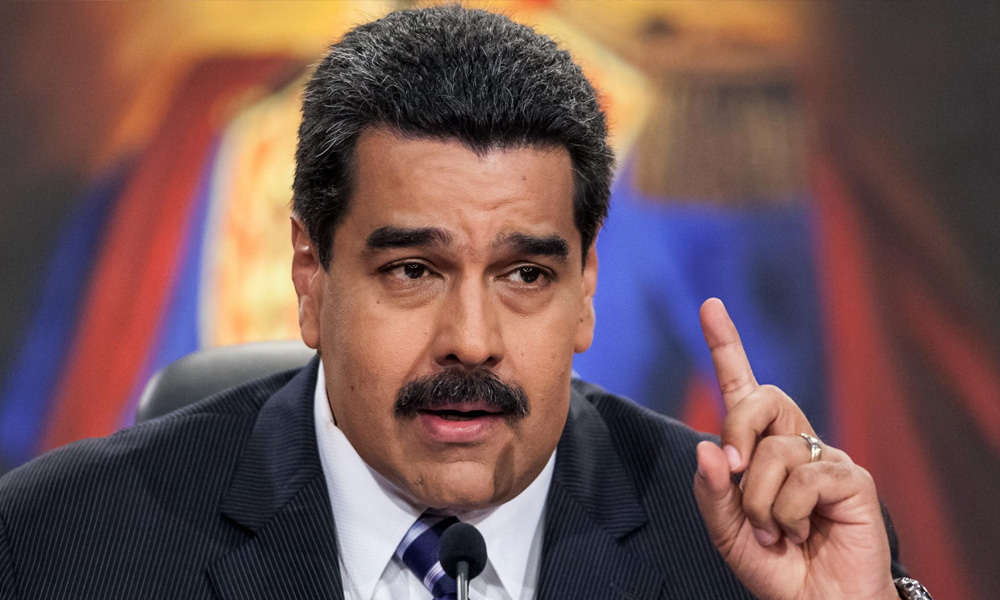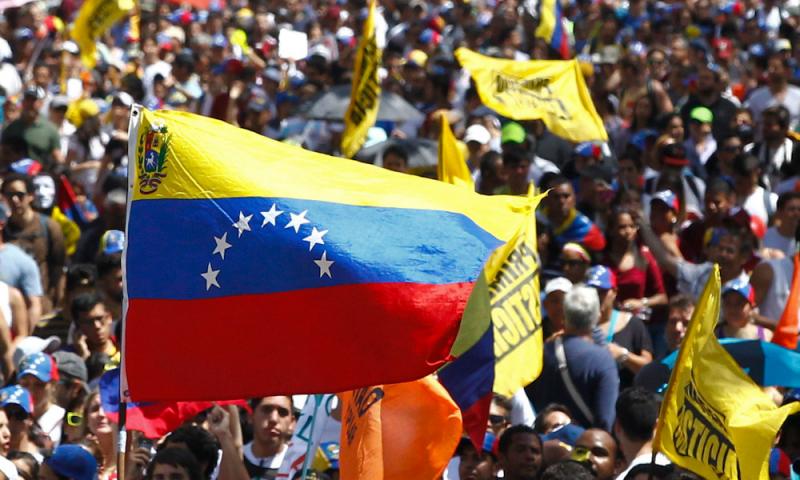Venezuela's Guaido calls for 'largest march in history' in uprising effort
Venezuelans are expected to take to the streets today for what opposition leader Juan Guaido pledged would be the “largest march” in the country’s history, a day after he called for the military to oust President Nicolas Maduro.
In his boldest effort yet to gain the support of the armed forces, Guaido appeared early Tuesday outside a Caracas air force base with dozens of National Guard members.
That triggered a day of violent protests, leaving more than 100 injured, but without any concrete signs of defection from the armed forces leadership.
“Today we continue,” Guaido said in a post on Twitter today. “We will keep going with more strength than ever, Venezuela.”
Whether the protest turnout meets those lofty hopes will provide a key test for Guaido, amid frustration among some supporters that Maduro remained in office more than three months after Guaido – who leads the opposition-controlled National Assembly – invoked the constitution to assume an interim presidency, arguing Maduro’s May 2018 reelection was illegitimate.
While Guaido (photo) earned the backing of the United States and most Western countries, the armed forces have stood by Maduro, who retains the support of allies like Russia, China and Cuba.

That has frustrated Guaido’s bid to assume the day-to-day functions of government on an interim basis - which he says would be a prelude to calling new elections.
Maduro, a socialist, calls Guaido a puppet of the United States who is seeking to orchestrate a coup against him.
Russia today denied a claim by US Secretary of State Mike Pompeo a day earlier that Maduro was prepared to leave the country but nixed his plan after Russia intervened.
A spokesperson for Russia’s foreign ministry told reporters the comments were part of an “information war.”
In a television interview today, Pompeo said US military action was “possible” in Venezuela but that the Trump administration would prefer a peaceful transfer of power.
The US Federal Aviation Administration late Tuesday banned US air operators from flying below 26,000 feet in Venezuela’s airspace, citing political instability.
'The last time'
Venezuelan living standards have declined even further in the first several months of the year, with blackouts and water shortages adding to hyperinflation and chronic shortages of food and medicine that have prompted millions to emigrate.
“I hope this will be the last time we have to take to the streets,” said Claudia Riveros, a 36-year-old bakery worker carrying a Venezuelan flag during Tuesday’s protest. “I want to see the end of this usurping government.”
Maduro (photo) also urged supporters to march today.

“Tomorrow, the first of May, we will have a large, millions-strong march of the working class,” Maduro said in a television address on Tuesday.
“We have been confronting different types of aggression and attempted coups never before seen in our history.”
Guaido’s choice of International Workers’ Day for a major march comes as he is making appeals to union leaders and public workers, a traditional base of support for Maduro and his predecessor and mentor, the late President Hugo Chavez.
“If he does get some degree of participation from labour movements, then that can be an additional feather in his cap,” said Risa Grais-Targow, the Latin America director at Eurasia Group in Washington, adding that the march would be “a significant barometer of his support and capacity to mobilise.”
Tuesday’s protests were also energised by the reappearance of firebrand opposition politician Leopoldo Lopez, who had been serving house arrest since 2017.
Spain’s acting prime minister’s office today confirmed that Lopez and his family were in the country’s diplomatic residence in Caracas.
Lopez had briefly sought refuge at the Chilean diplomatic residence in Caracas on Tuesday.
- Reuters
RM12.50 / month
- Unlimited access to award-winning journalism
- Comment and share your opinions on all our articles
- Gift interesting stories to your friends
- Tax deductable
